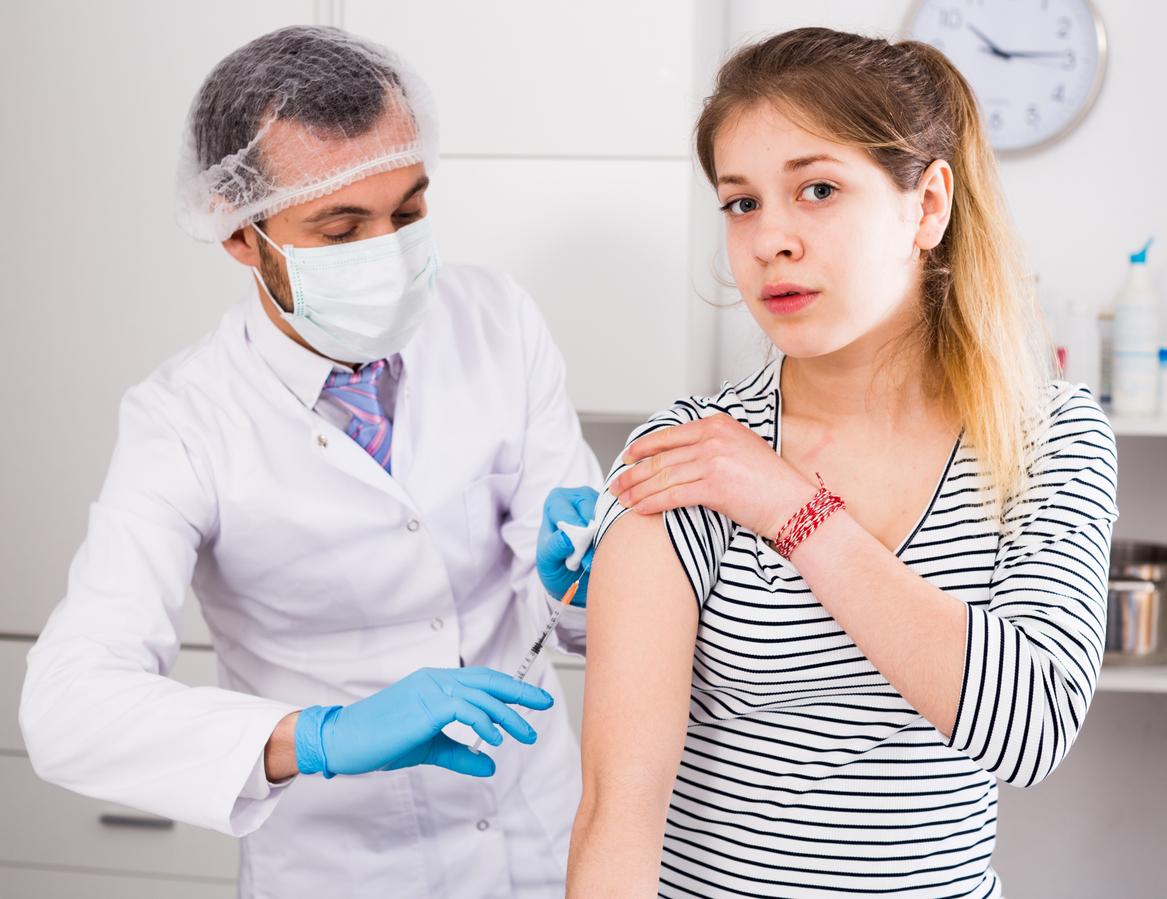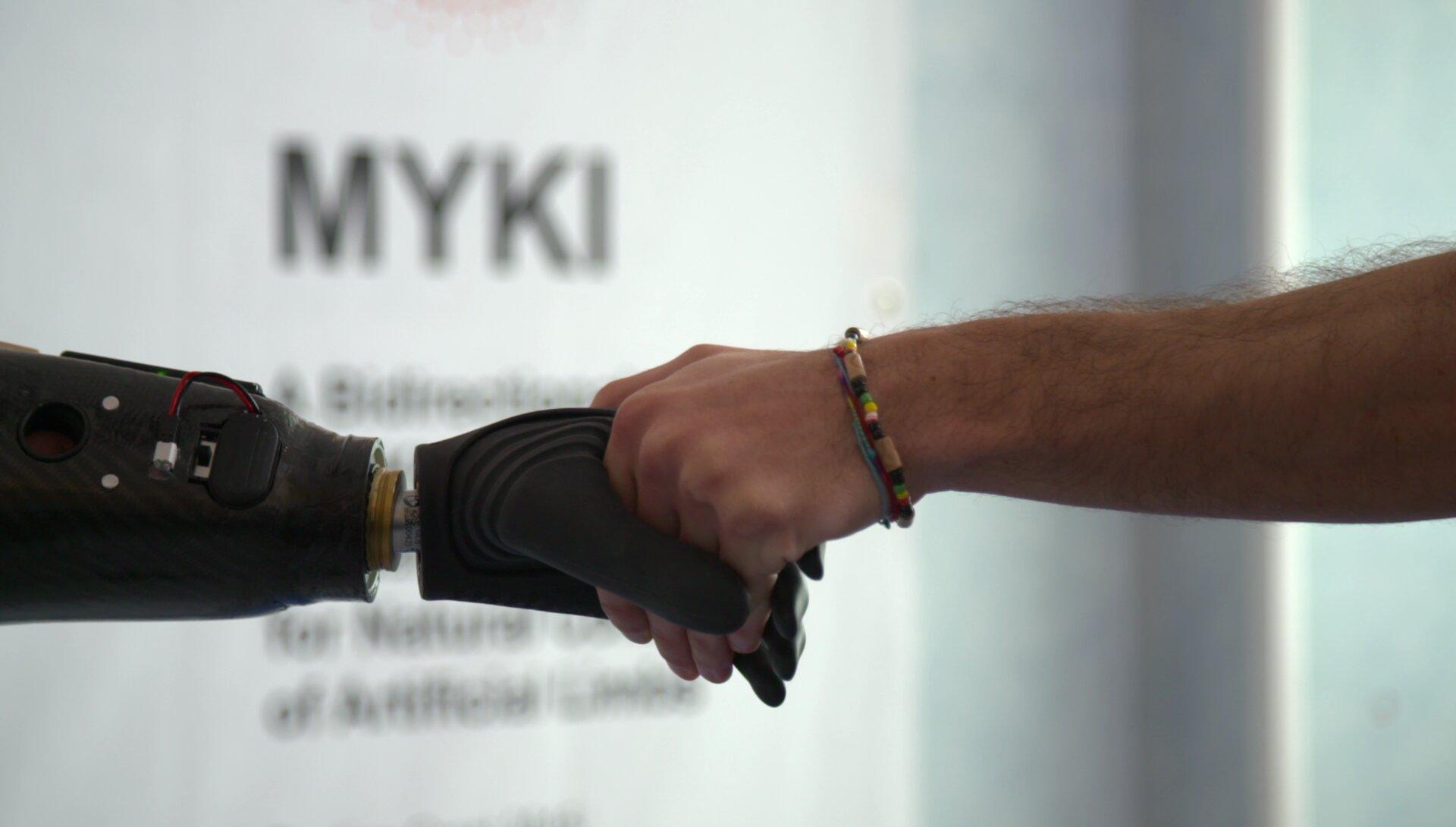The “tree-man” syndrome, which causes the horns of the hands and feet to grow indefinitely, has a genetic cause.

- Patients with “tree-man” syndrome should not be exposed to the sun because they have a high risk of suffering from skin cancer.
- More than 200 cases have been counted worldwide to date.
Researchers have made a major discovery regarding the “tree-man” syndrome, by identifying its genetic origin. Their work, led by Vivien Béziat, was published on July 1, 2021 in the journal Cell.
A large part of the population carries human papillomaviruses (HPVs), and in particular cutaneous papillomaviruses, which generally cause warts or local and benign lesions. However, very rare patients in the world develop severe forms of these viral diseases, including the “man-tree” syndrome. This very disabling disease is manifested by an anarchic growth of cutaneous horns on the hands and feet, for which no surgery is effective.
Three members of the same family studied
Vivien Béziat’s team studied the genetic characteristics of an Iranian patient with tree-man syndrome and two members of his family who presented with a severe form of cutaneous HPV infection with a large number of warts on hands and feet. A common point was found in these three patients: a mutation of the CD28 gene. This normally plays a major role in the activation of T lymphocytes, immune cells that destroy cells infected by a virus.
In these patients, the CD28 gene mutation prevents the immune system from recognizing the virus and triggering an appropriate response. The virus then proliferates in the keratinocytes, the cells which constitute the epidermis of the skin, and causes an anarchic multiplication of warts and/or skin horns.
By analyzing the CD28 mutation, this is another discovery that was made by these researchers. The CD28 gene, so far considered a pillar in the functioning of the immune system and the response of T lymphocytes, does not in fact seem to have such a major role. Indeed, the three patients studied were exposed in their medical history to several types of HPVs and to many other pathogens. However, they only developed severe reactions to HPV2 for the patient with tree-man syndrome, and to HPV4 for the two family members.

@screenshot, doctissimo. Bangladeshi Abul Bajandar suffers from tree-man syndrome.
New perspectives
“These patients only showed abnormally high susceptibility to certain papillomaviruses of the gamma-HPV and alpha-HPV genera. would make patients susceptible to many infectious agents. However, even if their immune response is weakened, patients defend themselves well against other pathogens”, explains Vivien Béziat.
This discovery therefore brings new perspectives on the understanding of the genetic susceptibility to HPVs, and calls into question the dogmas of immune response by T lymphocytes. “By advancing the research, the team hopes to be able to accelerate access to treatment for tree men.” concludes Inserm.
.

















